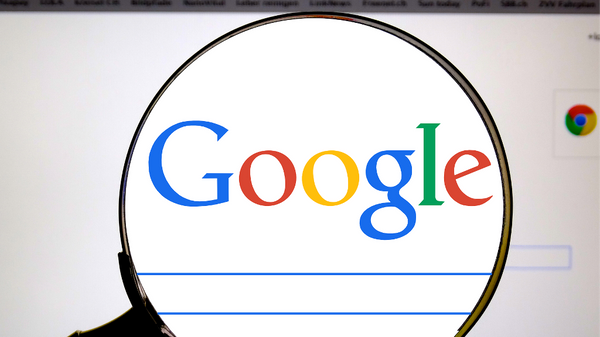The Commission believes that that Google has abused its dominant position by systematically favoring its comparison shopping service in its search result pages. It also says that the company has abused its dominant position by artificially restricting the possibility of third party websites to display search advertisements from Google's competitors.
Commissioner Margrethe Vestager, in charge of competition policy, said: "Google has come up with many innovative products that have made a difference to our lives. But that doesn't give Google the right to deny other companies the chance to compete and innovate.
We reinforce Google case on search/shopping comparison with new, strong evidence and send statement of objections t Google on search adverts
— Margrethe Vestager (@vestager) 14 July 2016
"We have further strengthened our case that Google has unduly favored its own comparison shopping service in its general search result pages. It means consumers may not see the most relevant results to their search queries.
"We have also raised concerns that Google has hindered competition by limiting the ability of its competitors to place search adverts on third party websites, which stifles consumer choice and innovation."
Years of Investigation
In essence, the Commission is bringing into question the way Google favors its own comparison shopping service over those of competitors.
A large proportion of Google's revenues from search advertising intermediation stems from its agreements with a limited number of large third parties, so-called "Direct Partners". The Commission has "concerns" that the agreements require third parties not to source search ads from Google's competitors; require third parties to take a minimum number of search ads from Google and reserve the most prominent space on their search results pages to Google search ads.
Google is already facing probes — both in the Commission and the Parliament, as well as individual member states over its aggressive tax arrangements, whereby it books profits made in individual states in ones with more advantageous tax regimes.
#EU #Antitrust Regulators Open Third Front Against @Google @alphabetincUS! https://t.co/m3weqSKxIk
— Moms Against Media (@MomAgainstMedia) 15 July 2016
But the Commission admits it may take years to rein-in Google. In a statement, it said:
"There is no legal deadline for the Commission to complete antitrust inquiries into anticompetitive conduct. The duration of an antitrust investigation depends on a number of factors, including the complexity of the case, the extent to which the undertaking concerned cooperates with the Commission and the exercise of the rights of defense."




